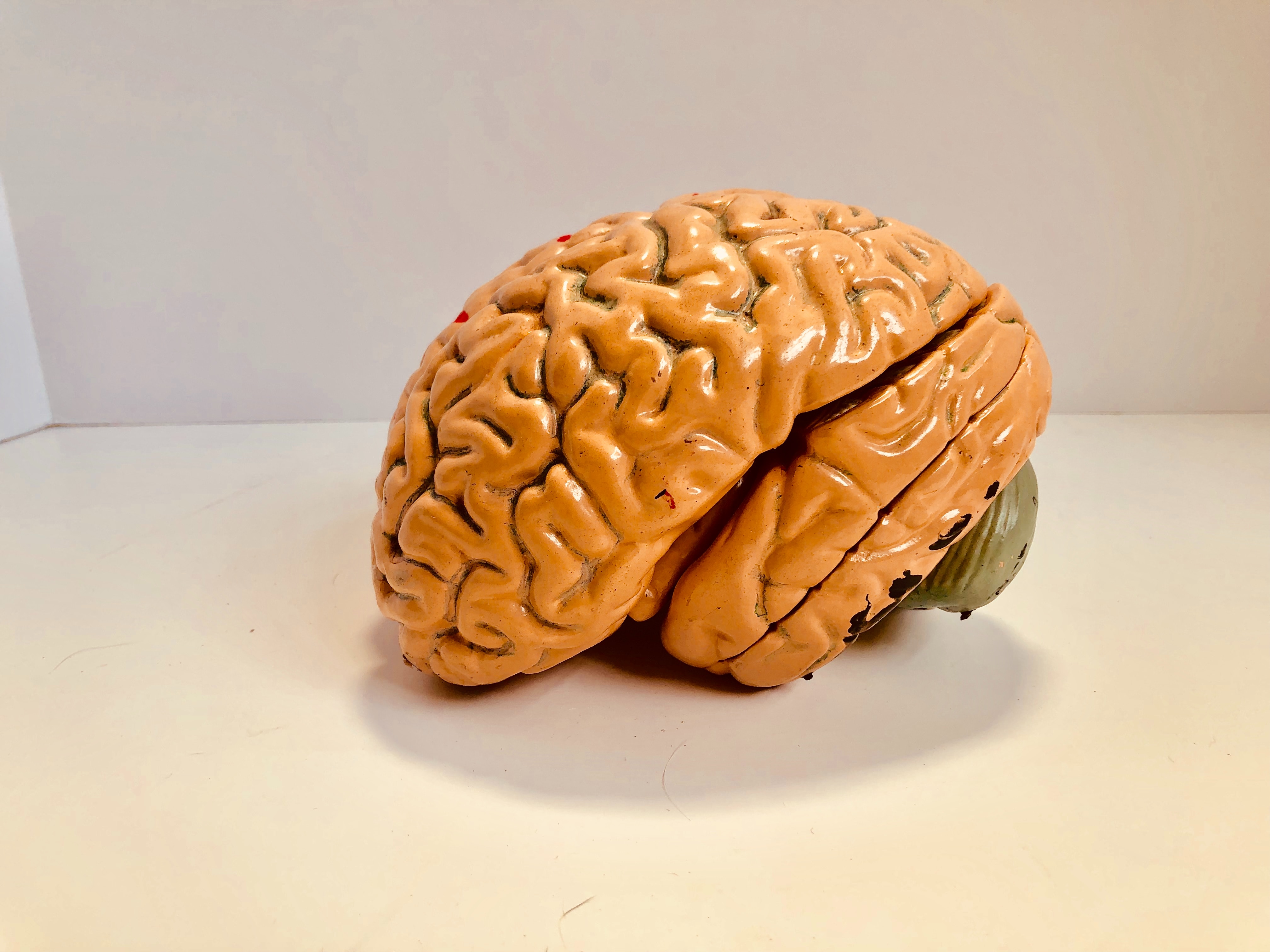News release
From:
About The Study: In this meta-analysis of 83 neuroimaging studies of adversity exposure and brain function, prior adversity exposure was associated with altered adult brain reactivity to diverse challenges. These results might better identify how adversity diminishes the ability to cope with later stressors and produces enduring susceptibility to mental health problems.
Authors: Niki Hosseini-Kamkar, Ph.D., of the Royal Ottawa Hospital in Ottawa, Ontario, Canada, is the corresponding author.



 International
International



